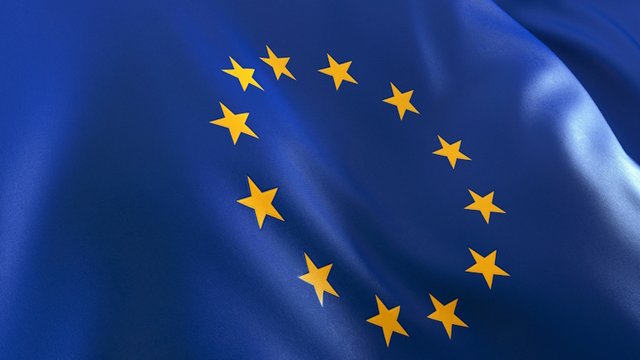EU adds 9 individuals and 6 entities to sanctions lists for Russia's destabilizing actions

In view of the hybrid threats posed by Russia, the EU has added nine individuals and six legal entities to its sanctions lists, responsible for destabilizing actions in the European Union and Ukraine, the EU Delegation to Ukraine reports.
"On 15 July, the Council of the EU adopted a decision to impose additional restrictive measures against nine individuals and six legal entities responsible for Russia's destabilizing actions abroad, in particular through information manipulation and external interference (FIMI)," the EU website said in a statement on Wednesday.
It is noted that the EU Council's decision is directed against the Federal State Enterprise "Russian Television and Radio Broadcasting Network" (RTRS), including its General Director and Director of the Department for Coordination of the Development of Communications Infrastructure in New Territories. RTRS plays a key role in replacing Ukrainian television and radio broadcasting systems in the occupied regions. The network broadcasts content approved by the Russian government and aimed at suppressing dissent, subordinating the local population to Russian policies, and delegitimizing the Ukrainian authorities in the occupied territories.
The approved sanctions lists also apply to the 841st Separate Electronic Warfare Center and two of its senior employees, who oversee operations in the Kaliningrad region. Disruptions in Global Navigation Satellite System (GNSS) signals in several European countries were linked to corresponding electronic attacks from the territory of Kaliningrad. In particular, this concerns jamming and distortion of GNSS signals, which primarily affects the Baltic countries and disrupts civil aviation.
In addition, the EU decision is directed against the BRICS Journalists Association (BJA), the Foundation for the Fight against Injustice (R-FBI), and the Center for Geopolitical Expertise (CGE). The BRICS Journalists Association and the Foundation for the Fight against Injustice were founded by Yevgeny Prigozhin; they have participated in numerous operations of information manipulation and external interference in the territories of France and Ukraine. Among them is the campaign to accuse French soldiers of kidnapping children from Niger after a military coup in 2023. In turn, the Center for Geopolitical Expertise was founded by Alexander Dugin, and its activities include organizing disinformation campaigns aimed at Ukrainian interests, discrediting Western politicians, and influencing electoral processes in Western countries.
Ultimately, the EU Council added to the lists an officer of the Main Intelligence Directorate of the Russian Federation, a number of propagandists, as well as Yevgeny Shevchenko and his IT company Tigerweb. The latter distributed pro-Russian content directed against several Western countries, including France.
In addition to the approved lists, the Council of the EU recently imposed restrictive measures against Natalie Yamb, a social media influencer and outspoken supporter of Russia. She uses Moscow’s anti-Western and anti-French narratives to push them out of the African continent. Yamb also has special ties to the Association for Free Research and International Cooperation (AFRIC), an organization linked to Russian PMCs that supports the Russian Federation through information manipulation and interference.
In total, the EU’s restrictive measures against Russia’s destabilizing activities currently cover 47 individuals and 15 legal entities. Their assets are subject to a freeze and the provision of funds or economic resources to them or for their benefit, directly or indirectly, is prohibited. In addition, individuals are subject to an entry ban, which will prevent them from entering the EU territory or using it for transit purposes.
The relevant legal acts were published in the Official Journal of the EU.
As reported, the framework of restrictive measures in response to Russia's destabilizing activities was established on 8 October 2024. It was aimed at those involved in the actions and policies of the Russian government aimed at undermining the fundamental values of the EU and its Member States, their security, stability, independence and integrity. The sanctions regime also applies to individuals responsible for hybrid activities, in particular information manipulation and external interference, against international organisations and countries outside the EU.
On 26 June 2025, the European Council adopted conclusions condemning Russia's ongoing hybrid campaign, which includes sabotage, destruction of critical infrastructure, cyberattacks, information manipulation and external interference, attempts to undermine democracy and interference in electoral processes.










